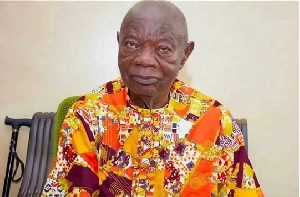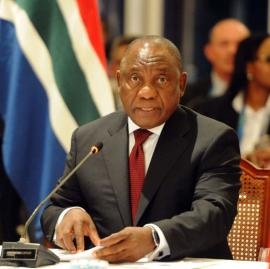Business News of Thursday, 27 March 2025
Source: www.ghanawebbers.com
'I don’t want to call it evil, but it was backward' – Prof. Bokpin on scrapped E-Levy
Economics professor Godfred Alufar Bokpin praised the government's decision to scrap the electronic levy (E-Levy). He called it a necessary correction to a “poorly designed” and “backward” policy.
In an interview on Joy News' PM Express, he said, “We’ve heard from stakeholders and vendors. I think Ghana is waking up.” He congratulated the government for making this decision.
The E-Levy was controversial. It aimed to raise revenue but faced criticism for discouraging financial inclusion. Many believed it imposed an unnecessary burden on taxpayers.
Prof. Bokpin noted that the policy failed in several ways. These included high compliance costs, inconvenience, and lack of economic logic.
He explained that banks and companies had to frequently reconfigure systems for tax compliance. This created significant compliance costs over the last two and a half years under the NPP administration.
He argued that the policy lacked proper scrutiny before its implementation. “I’m not sure this one was really subjected to critical analysis,” he said.
Prof. Bokpin criticized taxing transactions already within the tax net. He gave an example: sending money to your wife after paying taxes should not incur more taxes.
He expressed hope that removing the tax would boost digital financial transactions and improve financial inclusion. “We will see MoMo uptake again,” he stated.
For him, taxing mobile money transactions contradicted economic principles. He emphasized that such taxation hinders consumption and economic growth.
He pointed out that actual revenue fell short of projections, indicating poor policy design. “This was not a policy that clearly went through the filtering process,” he remarked.
With this reversal, Prof. Bokpin sees a chance for better tax policies in Ghana. He believes there are better ways to approach taxation than what was done with the E-Levy.
Entertainment










